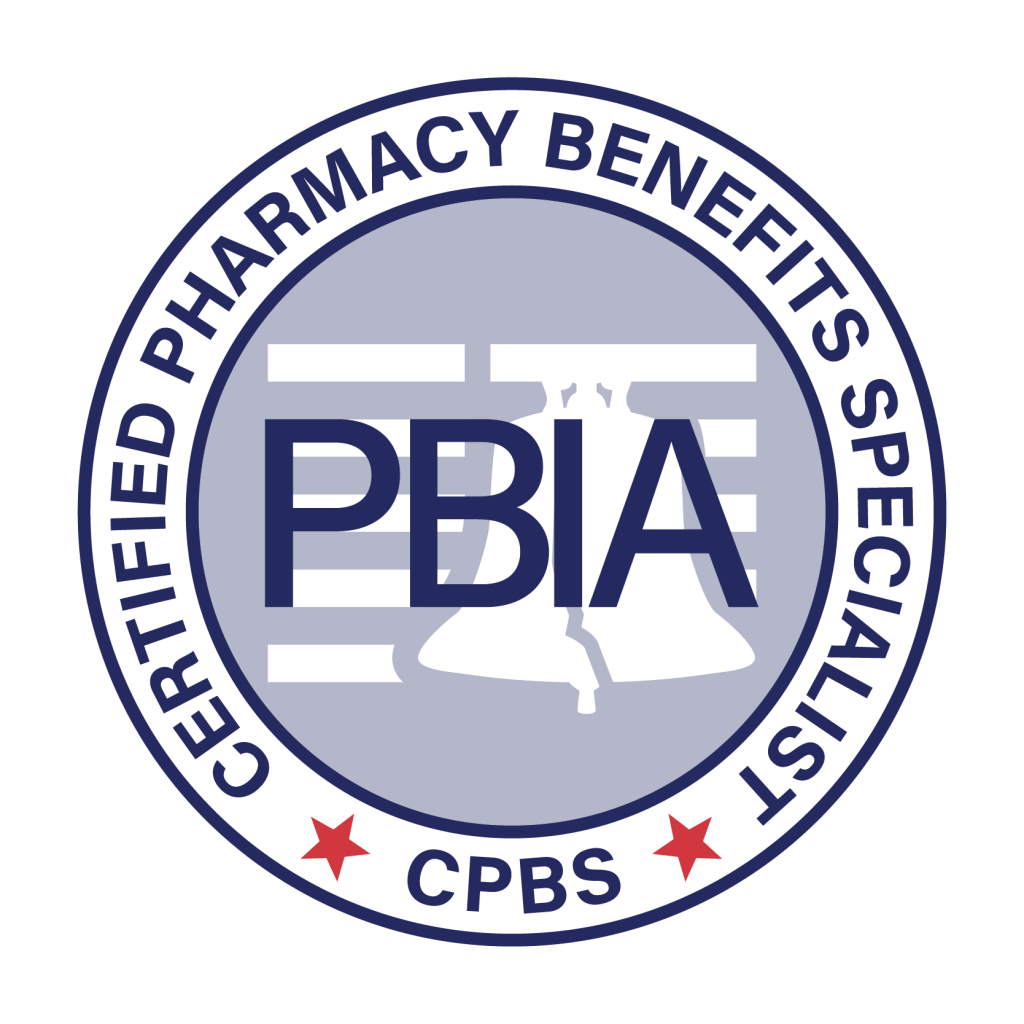The Federal Trade Commission (FTC) has filed a significant complaint against some of the largest pharmacy benefit managers (PBMs), including Caremark, Express Scripts, and OptumRx, along with their group purchasing organizations (GPOs). The FTC claims these PBMs are driving up prescription drug costs by manipulating price competition, particularly for critical drugs like insulin.
For self-insured employers, employee benefit brokers, and pharmacy benefit consultants, this case is particularly relevant because it highlights how PBMs’ practices directly impact the cost of your pharmacy benefits. The complaint points out that PBMs have been leveraging their control over drug formularies—lists that determine which drugs are covered and at what price—to demand increasingly higher rebates from drug manufacturers. This approach has led to artificially inflated list prices, which hit patients with high deductibles or co-insurance hardest, forcing many to pay more out-of-pocket.
- PBM Rebate Practices Inflate Drug Prices: PBMs prioritize rebates from drug manufacturers over lowering actual drug costs, leading to higher list prices, particularly for life-saving medications like insulin. This increases costs for self-insured employers and their members.
- Restrictive Formularies Drive Up Costs: PBMs are using exclusionary formularies to negotiate higher rebates, which can lead to employees paying more out-of-pocket for their prescriptions, especially those with high-deductible health plans or coinsurance.
- Impact on Self-Insured Plans: The manipulation of drug pricing by PBMs forces self-insured employers to bear the brunt of inflated pharmacy benefit costs, making it harder to control overall healthcare spending.
- Transparency and Fiduciary Oversight Are Critical: The FTC’s complaint highlights the need for PBM reform. Employers and consultants should push for PBM contracts that ensure transparency, rebate pass-through, and fiduciary responsibility to align incentives with cost control.
- Opportunity to Reassess PBM Relationships: This is an ideal time for employers and brokers to reevaluate PBM contracts, focusing on fiduciary models that prioritize lower net drug prices, transparency, and the well-being of plan members over rebate maximization.
PBMs have introduced restrictive formularies that exclude certain medications to extract larger rebates, instead of focusing on lowering the net cost of medications. Insulin, a life-saving medication for millions of Americans, has seen skyrocketing list prices due to this rebate-driven model. As a result, employers, brokers, and consultants are left managing higher pharmacy benefit costs, while employees bear a greater financial burden, which can ultimately drive up total healthcare costs due to non-adherence to essential medications.
The FTC’s complaint underscores the need for more transparency and a shift away from rebate-driven strategies that inflate drug prices. For self-insured employers and those advising them, understanding how PBM practices affect the total cost of care is crucial. The FTC is pushing for reforms that could lead to better control over drug pricing, greater transparency, and reduced out-of-pocket costs for employees—key factors in managing a more sustainable and cost-effective pharmacy benefit plan.
This is a pivotal moment to reassess PBM contracts, focusing on true fiduciary models that prioritize cost-saving and transparency for plan sponsors and their members.
